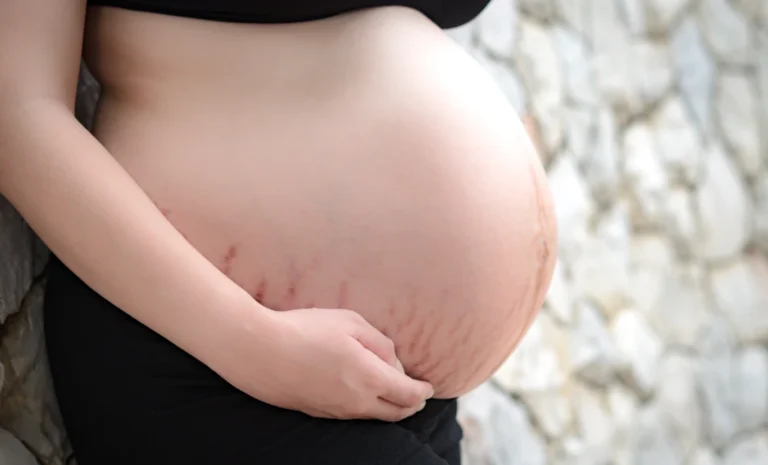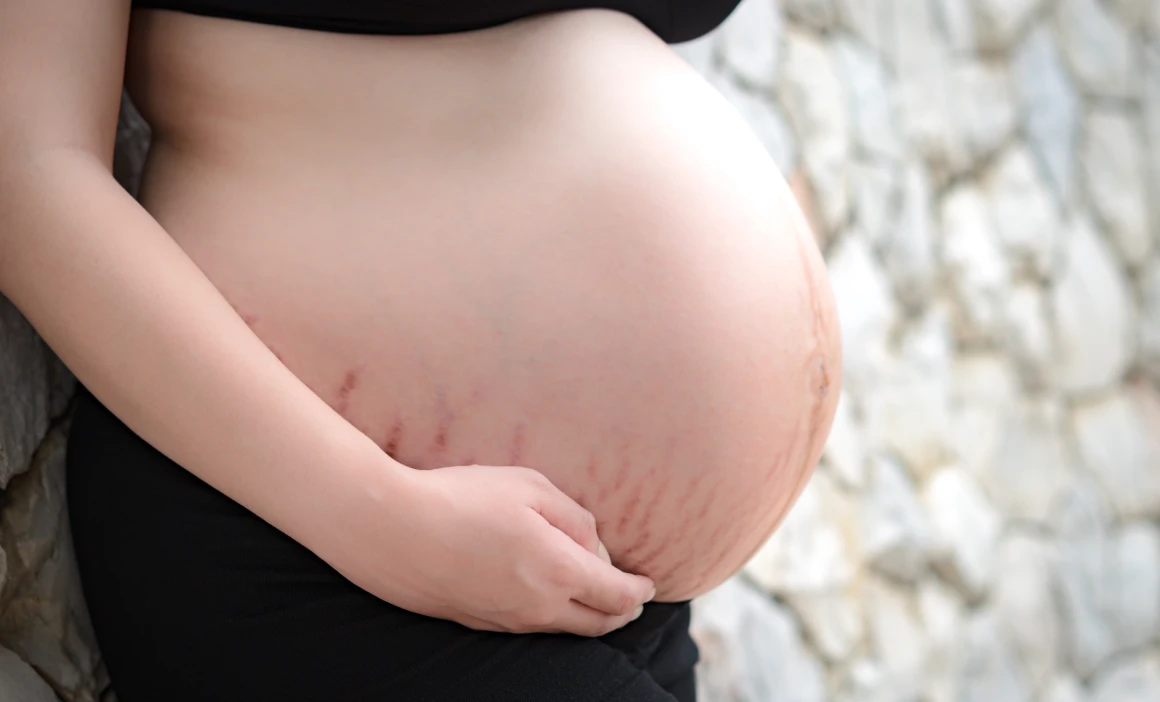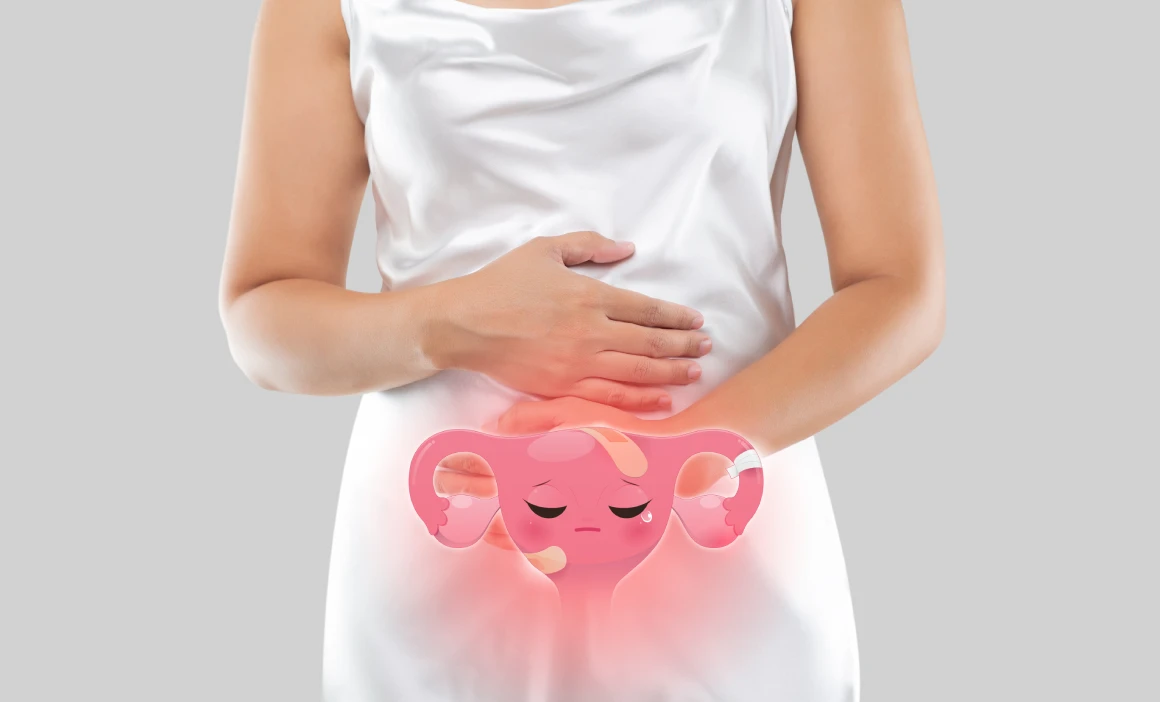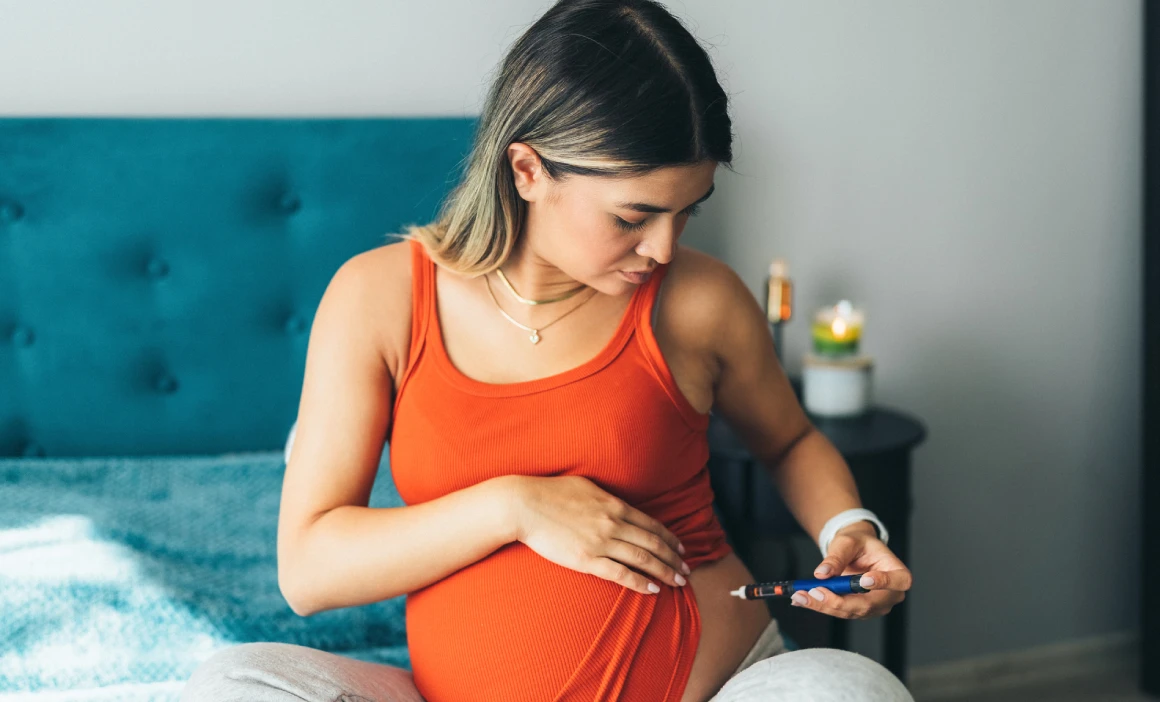
How Perimenopause Affects Pregnancy and Fertility: What Every Woman Should Know
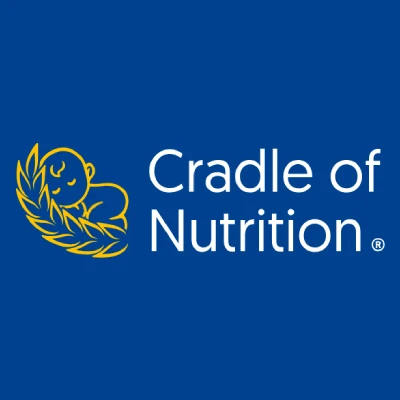
Cradle of Nutrition
- 5 minutes read
As women approach their 40s, many may begin to notice changes in their menstrual cycles, mood, and overall health—signs that perimenopause, the transitional phase leading to menopause, is approaching. But alongside these changes, a crucial question arises: Can I still get pregnant during perimenopause?
Understanding the connection between pregnancy and perimenopause is key for anyone considering family planning or pregnancy during this stage.
What is Perimenopause?
Perimenopause refers to the years leading up to menopause when a woman’s body undergoes hormonal changes. The ovaries gradually reduce the production of key hormones like estrogen and progesterone, signaling the approaching end of the reproductive phase of life. This period typically begins in your 40s but it can vary. On average, perimenopause lasts about 4 to 8 years before a woman officially reaches menopause (when she has gone 12 consecutive months without a period).
During perimenopause, women experience various physical and emotional symptoms as their body adapts to fluctuating hormone levels. Common symptoms include:
- Irregular periods (heavier or lighter, shorter or longer cycles)
- Hot flashes and night sweats
- Sleep disturbances
- Mood swings, anxiety, or irritability
- Vaginal dryness and discomfort during sex
- Decreased fertility
- Memory issues and cognitive changes (often called “brain fog”)
Research suggests that the hormonal shifts in perimenopause affect every system in the body, not just reproductive function.
The Impact of Aging on Fertility: How Perimenopause Affects Your Ability to Conceive
For many women, age plays a significant role in fertility. As you age, the quality and quantity of your eggs decline. This biological process is one of the key reasons why fertility decreases in the years leading up to perimenopause. In fact, after the age of 35, women experience a gradual decline in the number of viable eggs, which becomes more pronounced as they approach their 40s.
While perimenopause itself doesn’t mean you’re infertile, it marks the gradual decline of fertility. Here’s why:
- Irregular ovulation: During perimenopause, ovulation (the release of eggs from the ovaries) becomes less predictable. This means that although periods may still occur, there may be months where ovulation doesn’t happen. Without ovulation, pregnancy cannot occur.
- Decreased egg quality: The eggs remaining in your ovaries are older and may not be as viable as when you were younger. This reduces the chances of fertilization and increases the likelihood of chromosomal abnormalities.
- Hormonal fluctuations: As estrogen and progesterone levels fluctuate during perimenopause, they can lead to changes in the uterine lining, making it less conducive to pregnancy.
A study by the American College of Obstetricians and Gynecologists (ACOG) underscores how age-related decline in ovarian function affects fertility.
In short, aging and its effects on egg count and quality contribute to the reduced ability to conceive as women enter perimenopause. However, it’s important to note that pregnancy is still possible during perimenopause, especially in the early stages, when ovulation may still occur, though less predictably.
Can You Get Pregnant During Perimenopause?
Yes, pregnancy is still possible during perimenopause, although it becomes less likely as you age. If you’re still getting periods and ovulating—albeit irregularly—conception can happen. However, the chances of getting pregnant during perimenopause are lower than in your younger years due to the decline in both the quantity and quality of eggs.
Important to remember: As long as you have periods and ovulate, you can conceive. If you do not want to become pregnant during perimenopause, you should continue using contraception until you’ve reached menopause (12 consecutive months without a period).
For women who wish to conceive during this time, it’s helpful to understand that perimenopause doesn’t mark infertility, but it does signal that fertility is on the decline.
Factors That Influence Perimenopause and Fertility
Several factors affect how and when a woman will experience perimenopause and how fertility may be impacted. These include:
- Age: The most significant factor. Perimenopause typically begins in your 40s, but women with a family history of early menopause may experience it sooner.
- Health and Lifestyle: Overall health plays a major role. Conditions such as obesity, diabetes, or autoimmune diseases can impact hormonal levels and the onset of perimenopause. Smoking is also known to accelerate the process. On the other hand, a healthy diet and regular exercise may help manage symptoms and support overall well-being.
- Genetics: Family history is another important factor. If your mother went through menopause early, there’s a chance you may experience it early too. Genetics can influence the timing of both perimenopause and menopause.
- Medical Conditions and Treatments: Certain medical treatments, such as chemotherapy or surgeries that affect the ovaries, can trigger perimenopause earlier than expected. Hormonal therapies or treatments related to fertility may also impact the perimenopausal timeline.
- Stress: Chronic stress can affect hormone levels, potentially influencing the timing and severity of perimenopause.
Why Understanding Pregnancy and Perimenopause Is Important
Understanding the link between pregnancy and perimenopause is essential for several reasons:
- Family Planning: Many women in their 40s may assume that they cannot get pregnant, but it is still possible. If pregnancy is not desired, contraception should be used until menopause is confirmed.
- Health Considerations: Pregnancy at an older age (during perimenopause) can carry higher risks, such as gestational diabetes, miscarriage, or chromosomal abnormalities. Women over 40 may also experience more challenges with pregnancy, which is why it’s essential to seek medical advice if considering conception during this period.
- Emotional Preparedness: Understanding perimenopause can help women mentally and emotionally prepare for the changes they may experience, including both the possibility and challenges of pregnancy.
Key Takeaways: Navigating Pregnancy and Perimenopause
Pregnancy during perimenopause is possible, though less likely due to the decline in fertility that comes with aging. If you’re in your 40s and trying to conceive, it’s important to be mindful of the decreased quality and quantity of eggs, as well as the unpredictable nature of ovulation during this time. Conversely, if pregnancy isn’t your goal, understanding that perimenopause doesn’t equal infertility can help you continue using contraception until menopause is confirmed.
Whether you’re planning for a child or managing symptoms of perimenopause, understanding your body’s changes, seeking medical advice, and staying informed can help you navigate this transition with confidence.
By Erika Barabás
Related Posts:


